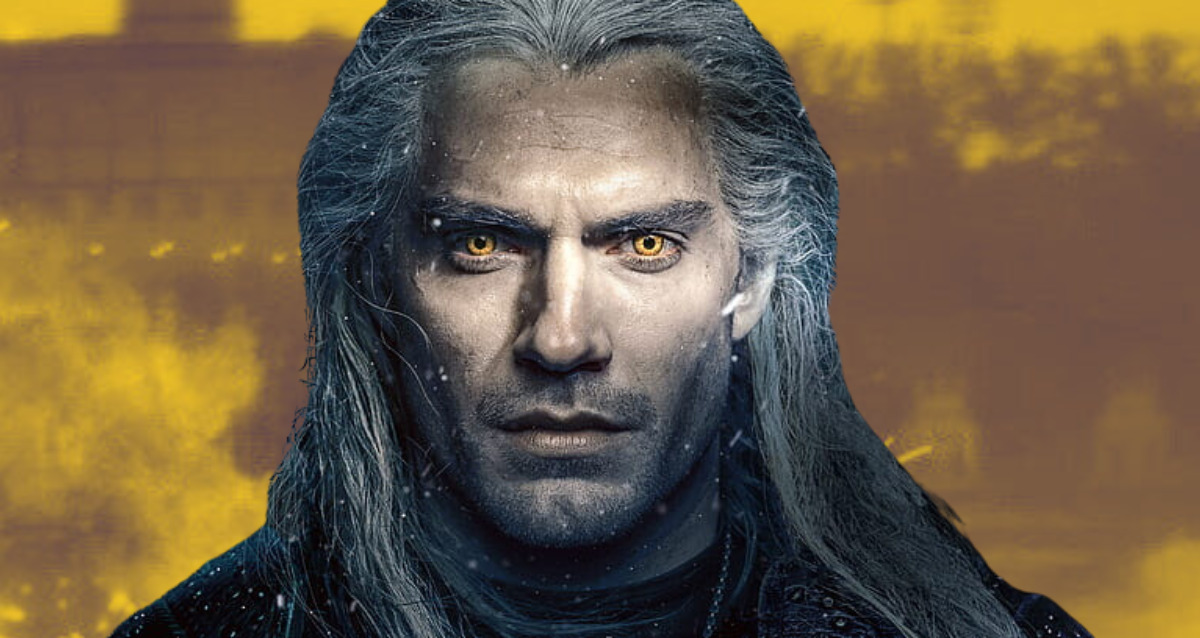
The Witcher season 3 has made a concerted effort to replicate Game of Thrones’ successful approach to character development and storytelling. However, Henry Cavill’s final episodes as Geralt reveal just how far The Witcher falls short of its aspirations.
The Challenge Of Balancing An Extensive Cast And Multiple Storylines

The Witcher Season 3
The Witcher season 3 introduces an expansive cast of characters and delves into various subplots across the Continent. While the central group primarily consists of Geralt, Ciri, Yennefer, and occasionally Jaskier, the show frequently diverts attention to other individuals, such as Emhyr (the White Flame), Francesca and the Elves, and Dijkstra and King Vizmir. This approach resembles the narrative structure of Game of Thrones, which deftly shifted between characters and locations to tell multiple interconnected stories within each episode and across seasons. Although The Witcher attempts to capture an epic scope through its diverse storylines, it struggles to achieve the same level of depth and complexity as its predecessor.
The Witcher Season 3’s Failure In Comparison To Game of Thrones

Game of Thrones, HBO
Unfortunately, The Witcher season 3’s attempt to emulate Game of Thrones ultimately falls short. The main reason for this disparity is the lack of compelling supporting characters in The Witcher. While the show has invested heavily in its main protagonists, particularly Henry Cavill’s portrayal of Geralt, the supporting cast fails to leave a lasting impression. The overwhelming focus on Geralt and Ciri’s journey leaves little room for the development of other characters, resulting in an excessive number of discussions and plans revolving around Ciri. This monotony, coupled with the lack of character depth, hinders The Witcher’s ability to captivate viewers in the same way that Game of Thrones once did.
Game of Thrones’ Strength In Supporting Characters

Game of Thrones
In contrast to The Witcher, Game of Thrones excelled in its ability to craft intriguing supporting characters. While the series had its central figures—such as Jon Snow and Daenerys Targaryen—who eventually took the spotlight, it successfully functioned as an ensemble cast for a significant period. Despite occasional missteps in certain storylines, such as the Dorne arc, Game of Thrones largely maintained a high level of engagement throughout its various character narratives. In comparison, The Witcher season 3, part 1’s strongest episode revolves around Geralt, highlighting the struggles the show faces in maintaining interest without him. Considering Henry Cavill’s departure, this poses a significant challenge for the future of The Witcher.
Conclusion: The Witcher’s Unsuccessful Emulation Of Game of Thrones

The Witcher Showrunner Sparks Outrage with Henry Cavill’s Recasting Decision
The Witcher season 3’s earnest attempt to replicate Game of Thrones’ captivating character dynamics and intricate storytelling ultimately proves futile. Despite sharing some broad similarities in the fantasy genre, The Witcher falls short of delivering the same depth and complexity that made Game of Thrones a cultural phenomenon. The lack of compelling supporting characters and the overwhelming emphasis on Geralt and Ciri’s journey hinder The Witcher’s ability to sustain viewer interest. As The Witcher moves forward without Henry Cavill, it faces an uphill battle in establishing its own unique identity and captivating audience loyalty.
